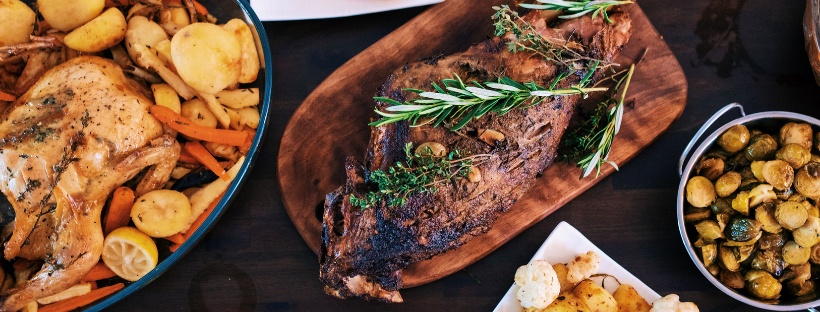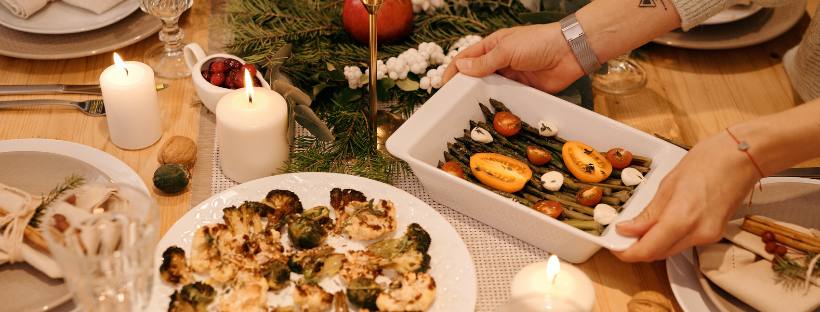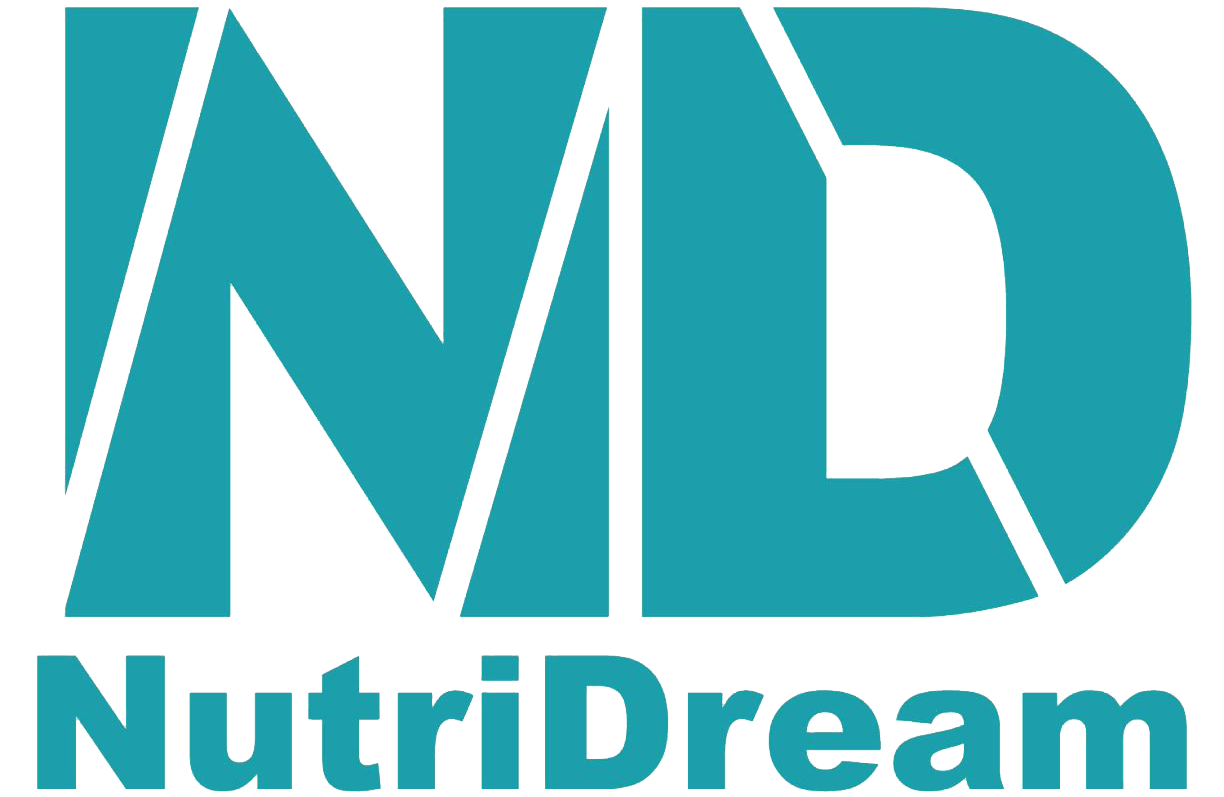How to support your digestion during the Christmas period?

How to support your digestion during the Christmas period?
The holiday season is upon us, and with it comes the joy of festive gatherings, delicious feasts, and, unfortunately, the potential for digestive discomfort. Christmas is often synonymous with indulgent meals such as roast pork with sauerkraut, as well as gingerbread and other sweets treats, but that doesn’t mean your digestive system has to suffer. In this blog article, we share practical advice on how to support digestion during the holiday season, allowing you to enjoy the festivities to the fullest.
- Mindful eating
One of the simplest yet most effective ways to support digestion is to eat calmly and slowly and chew your food properly. During the holidays, it’s easy to get caught up in the excitement and devour your meals hastily. However, thorough chewing of food is essential for digestion. Chewing breaks down food into smaller pieces, making it easier for digestive enzymes to work and promoting optimal absorption of nutrients. It has been scientifically proven that insufficient chewing is associated with reduced absorption of nutrients.
Remember that by chewing your food thoroughly, your stomach has to do less work to turn the solid food into the liquid mixture that enters your small intestine. Chewing produces saliva, and the longer you chew, the more saliva you produce. Saliva helps start the digestion process in the mouth by breaking down some of the carbohydrates and fats in your meal. For example, amylase, a very important digestive enzyme that breaks down carbohydrates, begins its work already in the mouth with the help of saliva.
Proper chewing helps prevent potentially developing flatulence, heartburn, and other types of indigestion. Eating slowly also helps reduce overeating. The feeling of fullness comes faster because the digestive system has enough time to send a signal to the brain that the stomach is full.
- Drink enough, but not while eating
Staying hydrated is crucial for overall health and it also plays an important role in supporting digestion. Water helps break down food, facilitates the absorption of nutrients and keeps the digestive tract hydrated. During the holidays, there is a tendency to eat food with a high salt and sugar content, which can cause dehydration. We recommend avoiding the consumption of excessively processed food (such as processed meat products) if possible. Alcohol can also dehydrate you.
We recommend to drink at least 1.5 liters of pure water during the day even during Holidays and celebrations. The correct time to drink water is 30 minutes before eating or 1 hour after eating, because drinking together with the meal prolongs the digestion process. Herbal teas such as peppermint or chamomile tea can also aid digestion and help reduce bloating.

- Make your holiday menu healthier
A healthier food choice also contributes to better digestion. Here are some suggestions for adjusting your holiday menu:
- Replace fatty meat with fish. For example, salmon is an excellent source of Omega 3 fatty acids. Omega 3 fatty acid acts as an anti-inflammatory.
- Add plenty of vegetables to your dishes. Vegetables contain fibers that support digestion and help prevent constipation. For example, prepare different vegetable salads. Don’t forget to add leafy vegetables to salads.
- Limit the consumption of sweets. Prefer fruits and berries instead of products with added sugar.
- Do not consume products containing trans fats. Confectionery products often contain them. If on the package of product there is listed “partially hydrogenated fat” as an ingredient, this indicates the content of trans fats in the given product.
- If it is known that a larger feast will take place in the evening, do not starve in the first half of the day with the aim of being able to eat more in the evening. It is very exhausting for both digestion and the body as a whole.
- Physical exercise speeds up the digestion
Maintaining a level of physical activity during the holiday season is not only beneficial for overall health but also supports digestion. Regular exercise helps stimulate the muscles in the digestive tract, promoting the efficient movement of food through the digestive system. Research suggests that even a moderate amount of physical activity, such as a brisk walk after a meal, can enhance digestion and reduce symptoms of bloating. Find opportunities to incorporate movement into your holiday routine, whether it’s a family walk, a festive dance session, or a friendly game.
- Eat fermented foods and support your digestion with probiotics if needed
Fermented foods contain beneficial bacteria that are good for the stomach and help strengthen immunity. Good, fermented foods are, for example, sauerkraut, pickles, kefir, unflavored yogurt and kimchi (salted and fermented vegetables)
However, if a faster effect is needed, a probiotic food supplement can also be used. A probiotic supplement contains beneficial bacteria that aid digestion by breaking down indigestible fibers that can otherwise cause bloating. Several scientific studies have shown that probiotics can prevent formation of gases and relieve the symptoms of constipation and diarrhea. Bacteria belonging to the Bifodo and Lactobacillus genera have been found to be particularly beneficial. They have also been associated with relieving symptoms of irritable bowel syndrome.
Nutridream probiotics contain five different strains of lactic acid bacteria, including Lactobacillus and Bifidobacteria. They are perfect for consumption during the festive season and after big celebrations in case of digestive problems.
The Nutridream team wishes everyone a peaceful and healthy Christmas time!
Blog author is Diana Zintsenko












